On the morning of June 5, at the question and answer session of the 7th session of the 15th National Assembly , Deputy Prime Minister Tran Hong Ha clarified further issues in the field of industry and trade, including e-commerce, implementation of Free Trade Agreements (FTAs), electronic waste treatment, etc.

The Deputy Prime Minister affirmed that e-commerce will be an inevitable trend, gradually replacing traditional markets and stores. This is reflected in the growth figures of e-commerce in recent times, such as in the US, it increased by 35%, in Vietnam it increased by 25%...
Need to research and build an integrated digital platform for Vietnamese people
In order to create a first legal framework for e-commerce, the United Nations Commission on International Trade Law (UNCITRAL) has drafted a model law, which is used as a reference for countries in the process of developing laws on e-commerce.
Vietnam may be slower than some countries, but since 2006, there have been many additions and amendments to laws related to e-commerce. We have the Law on Consumer Protection, the Law on Electronic Transactions as well as the issuance of related decrees. That shows that we are quite comprehensively concerned about this issue. In particular, in promoting the application of information technology, Vietnam has built population data (Project 06). This also creates many advantages for us to solve the problem of e-commerce, the Deputy Prime Minister said.
Agreeing with the delegates' opinions on personal data safety and security, and combating online abuse and fraud, Deputy Prime Minister Tran Hong Ha stated that although there are many laws, they need to be updated to ensure consistency among related laws. At this time, the issuance of guiding decrees and the integration of policies from the laws are extremely necessary. Continuing to institutionalize and specify the laws is an urgent task at present.
Regarding the issue of ensuring security, personal data safety, preventing counterfeit goods, counterfeit goods, and online fraud, the Deputy Prime Minister agreed that it is necessary to institutionalize the management of social networking platforms as soon as possible. Trading platforms in Vietnam must comply with Vietnamese law as well as international law.
Accordingly, it is necessary to set out very specific criteria and conditions related to network security, data, transactions, contracts, identification, electronic signatures, etc., which currently do not have clear regulations.
If we can do that, we can completely use artificial intelligence (AI) to manage activities in the digital environment, including managing the identities of all sellers, markets, and platforms providing e-commerce. At the same time, we can also manage tax collection and identify personal information.
Believing that regulations on cyber security are extremely necessary and related to the protection of personal information, the Deputy Prime Minister emphasized that the organization and implementation capacity are also very important.

According to the Deputy Prime Minister, the Ministry of Information and Communications needs to study and build a digital platform (serving e-commerce) for Vietnam to be able to integrate all activities, from identification issues, technology security, payment, customs, and synchronous logistics. We can establish a multi-sectoral agency to monitor all activities and grasp all stages. Not only the digital environment, we can completely manage smarter and better in the traditional environment. The Deputy Prime Minister said that the delegates' opinions on cutting administrative procedures, such as registration, licensing, tax, customs, etc., are completely feasible.
Regarding the issue of concern of delegates related to Free Trade Agreements (FTAs), the Deputy Prime Minister said that we have now joined 16 FTAs and will join several more in the coming time. However, Vietnamese enterprises have not yet fully exploited the benefits that FTAs bring. This is due to many reasons, such as the majority of enterprises are small and medium-sized, with weak capacity; enterprises have not fully grasped market information, and do not have sufficient information about the legal environment and market policies of countries that have agreements with us.
Therefore, in the coming time, we need to support businesses to grasp this information as well as improve the quality of goods, meeting the standards and regulations of the markets. Currently, all countries have new and very flexible technical barriers.
The Deputy Prime Minister suggested building a national database to help businesses grasp market information, policy changes in trade markets and respond promptly to these changes. At the same time, we need to protect domestic enterprises and domestically produced goods with technical barriers. It is necessary to set stricter criteria for FDI capital sources in the direction of attracting FDI into new, high-tech, emerging fields and committing to transfer technology to Vietnamese enterprises...
Expanding responsibility in handling electronic waste, plastic waste
Regarding the delegates' opinions on plastic waste treatment, Deputy Prime Minister Tran Hong Ha said that the Law on Environmental Protection has very specific regulations on the responsibilities of relevant parties, including expanding the responsibilities of commercial investors related to collection and treatment to the final stage.
The Deputy Prime Minister said that 80% of electronic waste needs to be recycled and these are rare materials, materials that can be said to have value so no one throws them away.
With electronic waste, the solution is to enhance and expand the responsibility of manufacturers and investors, meaning they must be responsible to the end, from the stages of collecting expired products and handling waste.
Source
















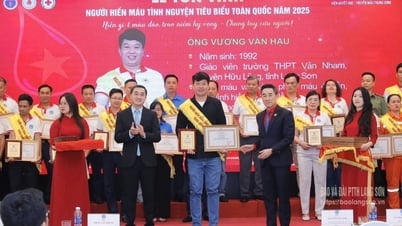



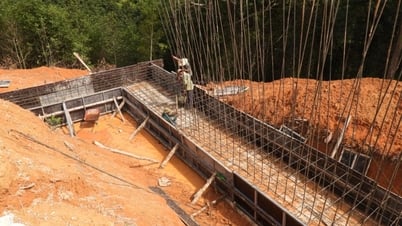







































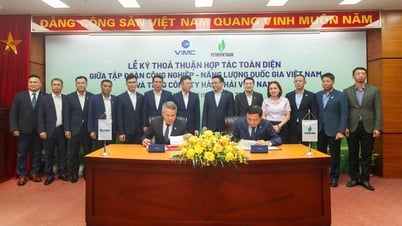

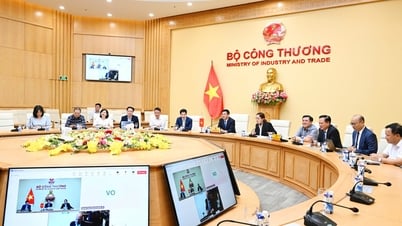


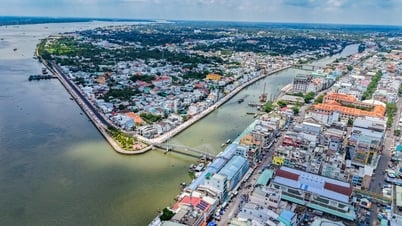



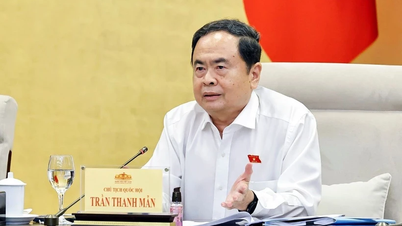



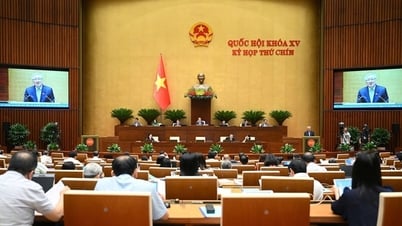
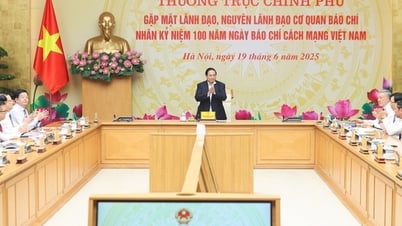


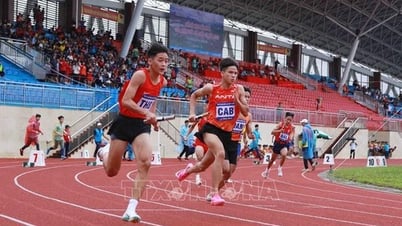








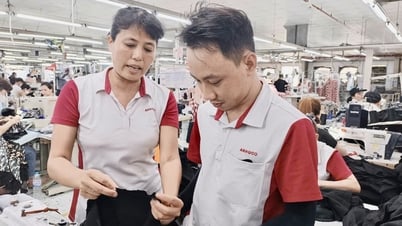

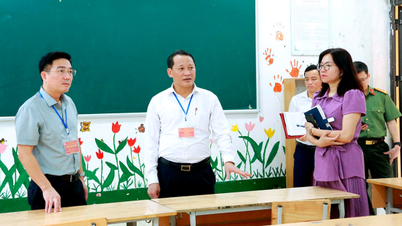











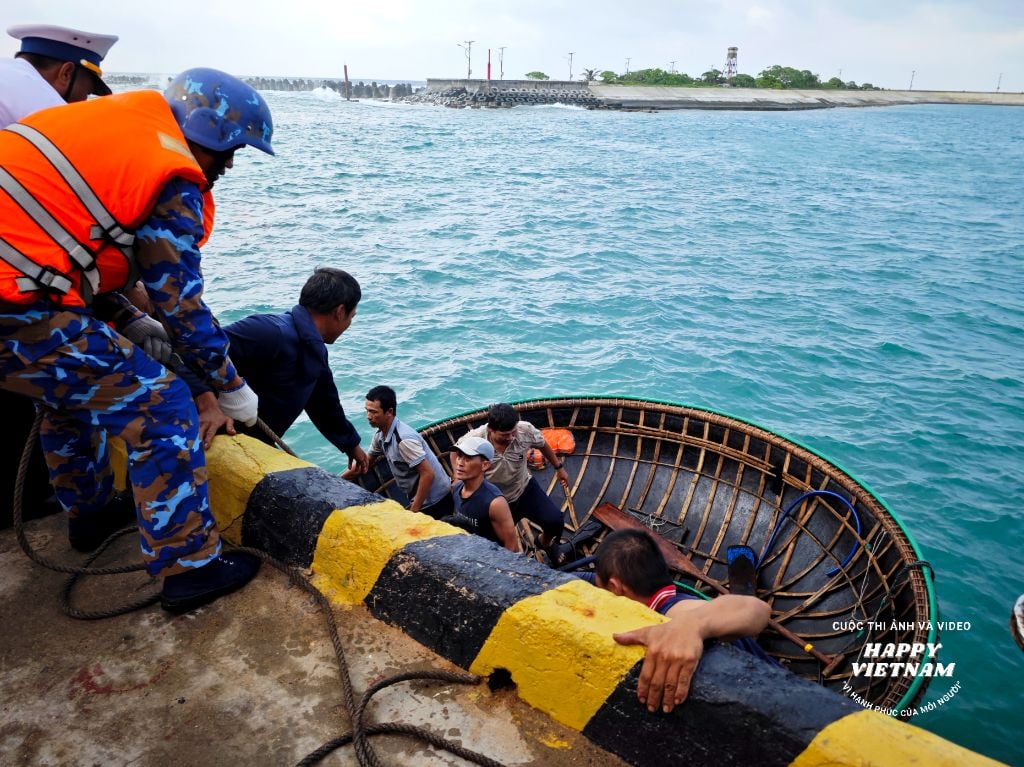
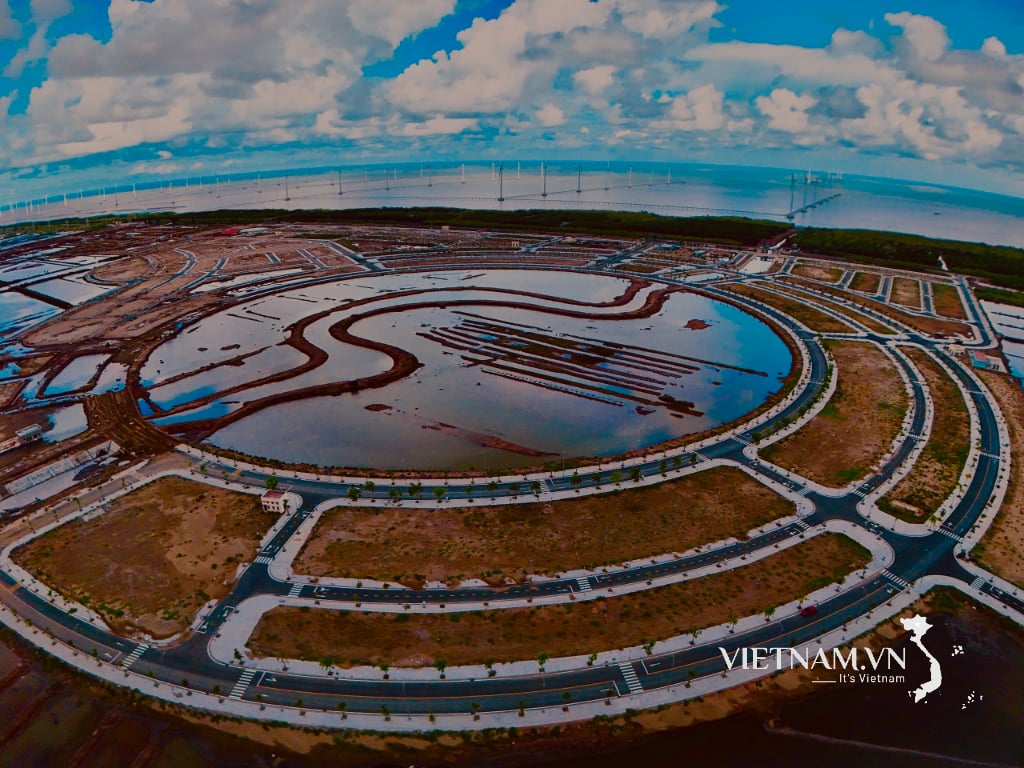

Comment (0)